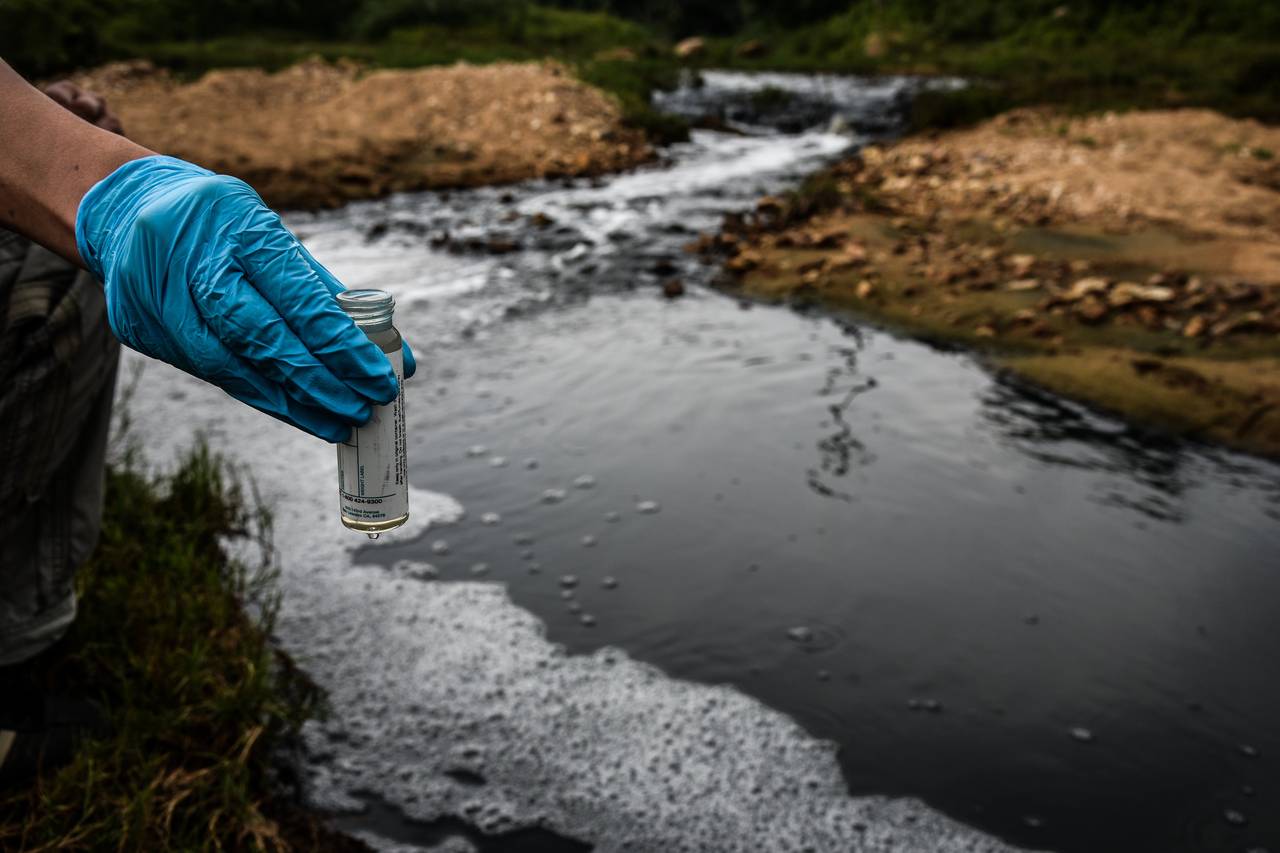Auquan's Weekly Wrap | 8th - 14th October: What you might have missed
Recap of some market activity and unique insights this week: Big Pharma's toxic waste linked to cancer and asthma in Puerto Rico, Innovations that could help deforestation in the textile sector, Toyota resumes production in Myanmar amidst human rights concerns

Top Themes
Big Pharma's Toxic Waste Pollution

A new report by the nonprofit Center for Popular Democracy and advocacy group Hedge Clippers suggests Big Pharma’s footprint has serious costs: illegal dumping of toxic waste, pollution and depletion of groundwater, and violations of other vital Environmental Protection Agency regulations. It holds US pharmaceutical corporations at least partially responsible for Puerto Rico’s disproportionately high rates of asthma and cancer. The island’s Big Pharma waste sites belong to some of the world’s largest and best-known pharmaceutical companies, including Pfizer, Abbott Chemical, Johnson and Johnson, Roche, and GlaxoSmithKline.
- Big Pharma Is Flooding Puerto Rico With Toxic Waste
- Capitalism, big pharma, and the pandemic
- It's not just Maiden Pharmaceuticals. India's health care authorities also need to take the blame for the Gambian fiasco
Textile Sector Deforestation

Major textile and fast fashion companies have brought systemic issues including primary forests felled, peatlands drained and waste management poorly managed among many other labour and climate problems. However, recent scientific research reveals a potentially promising future with new innovations, materials and manufacturing processes - with man-made cellulose fibers playing a key role in the future.
- Clothes sourced from plants could expand deforestation - or abate it
- Fast fashion cannot exist in a sustainable environment
Myanmar Civil Unrest

According to the World Bank - close to two dozen major foreign companies suspended business operations in Myanmar this year. These include energy giants Chevron Corp. and TotalEnergies SE and Japanese beer maker Kirin Holdings Co. Toyota however have now recently began producing cars at their new plant after a halt following the military takeover last year. Companies are suspending operations due to shareholder pressure and a worsening human-rights situation - for example military authorities executed four male prisoners, including two well-known democracy advocates, earlier this year. H&M has also said they intend to keep doing business in Myanmar - stating it is mindful that many people in Myanmar rely on international companies for their livelihood.
- Toyota Starts Plant in Junta-Led Myanmar Over a Year After Coup
- H&M, Zara's Owner Stick With 'Made In Myanmar' After Coup
Global Automobile Production Crisis

Whilst major carmakers in Europe may have secured energy contracts, thousands of their smaller suppliers are facing a squeeze from soaring energy prices - heavily threatening production thorugh winter. "If we can't build a car because of one missing part, that hits all of us," Geng Wu, head of group purchasing at Volkswagen. Chip shortages are also weighing in with Stellantis and Toyota cutting production and staff shifts in their plants. Mexico, a major auto manufacturing hub has produced few cars than in the midst of the pandemic, another consequence of component shortages, with chips the main cuplrit.
- German car industry baulks at supplier demands over energy hikes
- Stellantis cutting shift at Michigan plant because of chip shortage
- Automakers in Mexico Produce Fewer Cars Than In the Midst of the Pandemic
- Toyota to produce 800,000 vehicles in October, weighed by chips shortage
Thank you for reading! Don't forget to subscribe to our newsletter for more!
